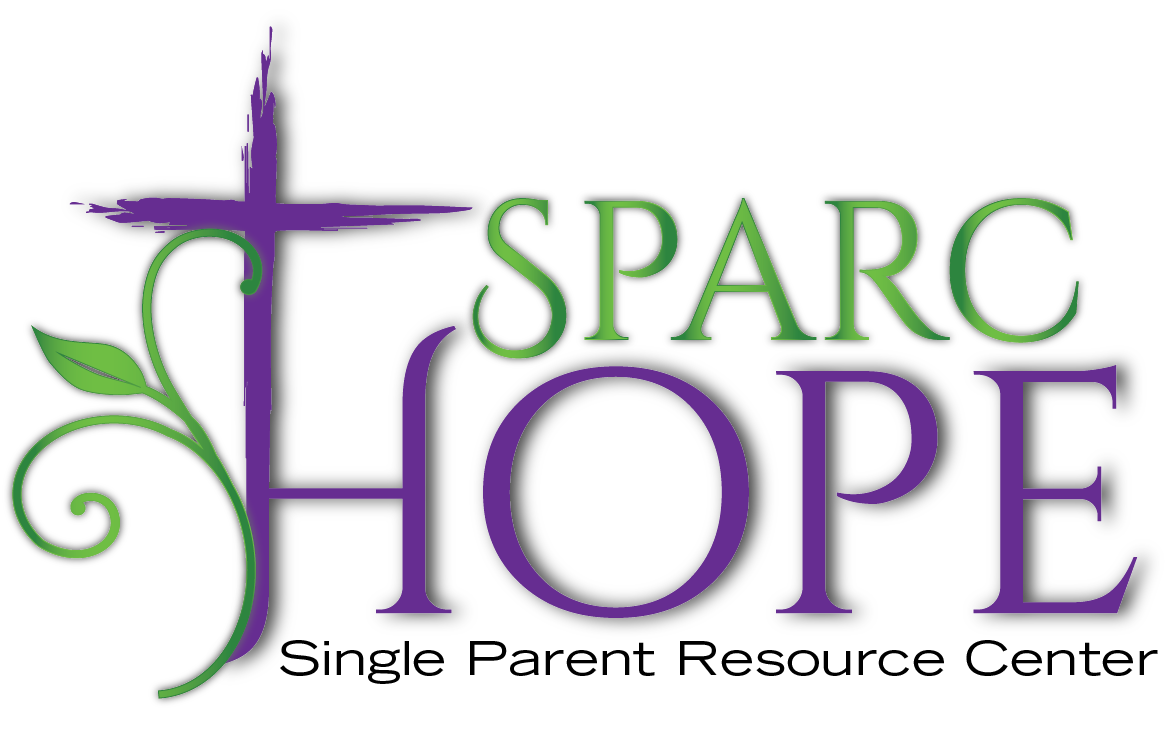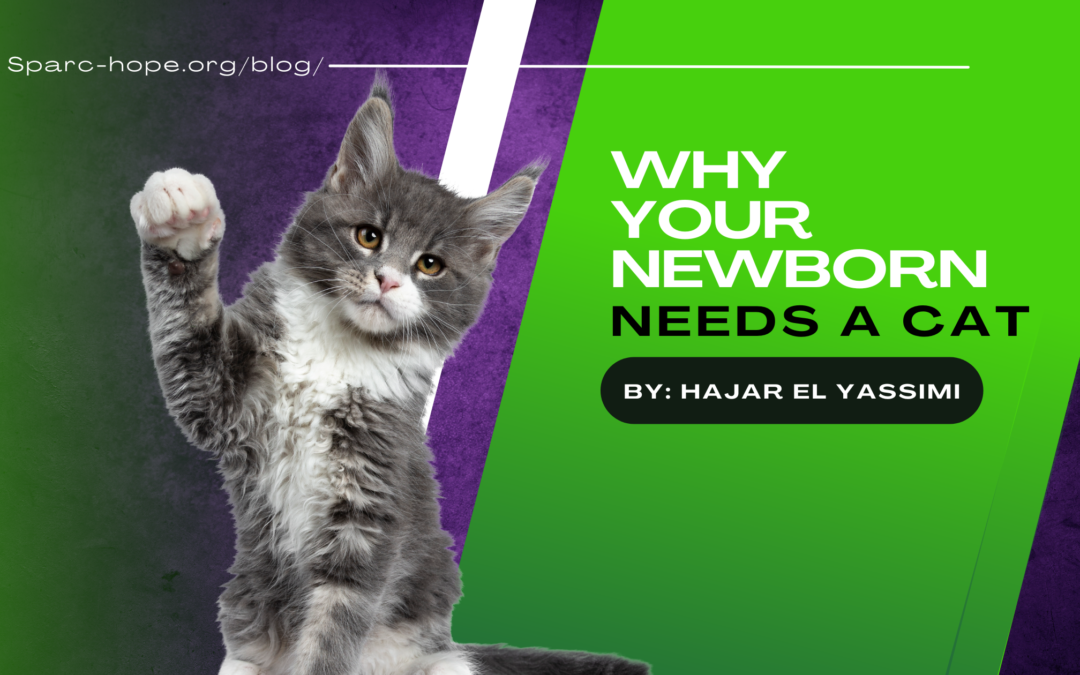By: Hajar El Yassimi
Due to their socio-cognitive abilities, most cats coexist easily with humans, especially human babies, by using behavioral criteria, researchers report that cats display distinct attachment styles toward human caregivers. Although cats are very different one from the other, most cat owners observe that their cats are very protective. They consider the caregiver’s house their own territory just like little lions!
If your cat is very protective of their field, they might show their love and affection to you very often. They care about you and whenever you leave the house, they wait for you and might get worried about you for being late. Most likely because cats think you’re going for a hunt when you’re out!
Sometimes you might think that your cat is acting superior to you, which is funny but very true! Because cats think they own your house, and that you’re part of their territory. They will walk around with a cute lion walk and dare you to take their favorite spot on the couch!
Now we learned how protective cats can behave, but how would they act around your new baby?
First, like we mentioned, your cat might consider your baby as part of their territory. But before all that, you might notice that it will act very shy and cautious. They will approach your newborn very slowly and sniff around. If your cat is very shy or not too social, it will take some time before it gets used to the existence of your baby. But once it happens you will see a huge difference in your cat’s behavior!
When your cat will realize that being around your baby is very comfortable and safe, it will start taking naps around them. If they sleep near your baby’s head, it means they’re showing their protectiveness. If they keep their eyes slightly open while sleeping, it means they’re actively paying attention to their surroundings near the baby. Or if they sleep on their back, it means they’re very comfortable and enjoy being around your newborn whom they consider a friend.
All of us know that cats purr when they’re happy or comfortable. But not all of us know how healthy their purring is!
Studies have shown that petting a purring cat can help with reducing the risk of heart attacks, helps with blood pressure and coping with stress. It is then a very good idea to keep your purring cat around your baby. It will help with their stress and attachment anxiety and will actively participate in keeping your newborn’s heart rate stable and comfy and help manage their breathing rhythm. All of that thanks to the vibration produced when cats start purring.
Even though having a cat around babies can be good for their health and can help in building their cognitive abilities and intelligence, you should stay alarmed and be very careful. Some cats will feel very jealous of the arrival of your baby, they might even see them as a threat or competitors. You should stay around and always keep an eye on your cat’s behavior, if anything seems wrong the baby should be kept away from the cat until this last gets used to your baby’s existence.
OTHER WAYS TO CONNECT
We hope you found this information helpful! Do you have any thoughts? Please connect with us on Facebook and Instagram and let us know!
If you would like to learn more about upcoming events, sign up to receive our quarterly newsletter here.
Check out some of our other blog posts here, for tips and tricks for single parents, budget hacks, inspiration and more information about what we do here at SPARC Hope.

